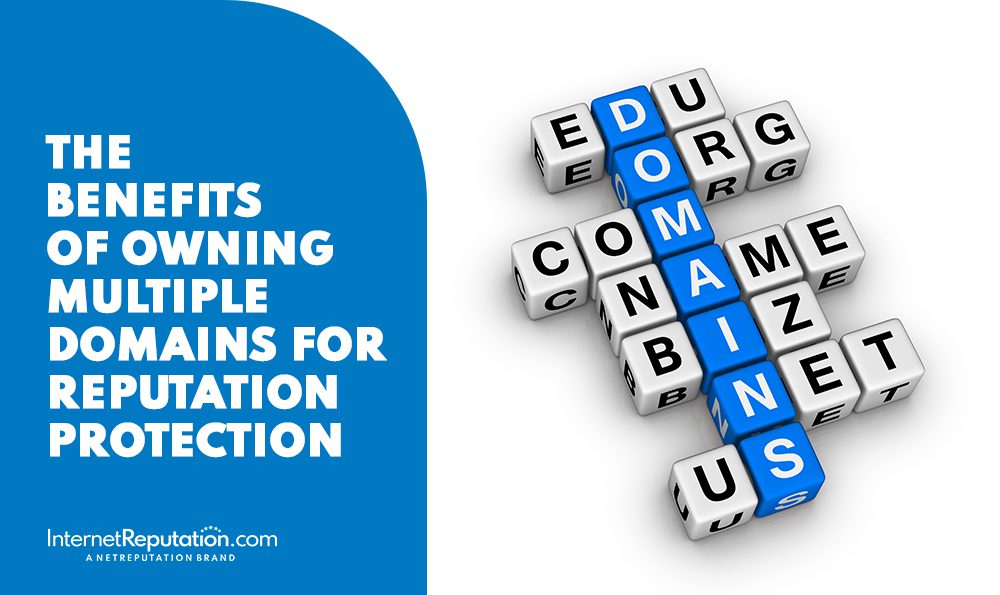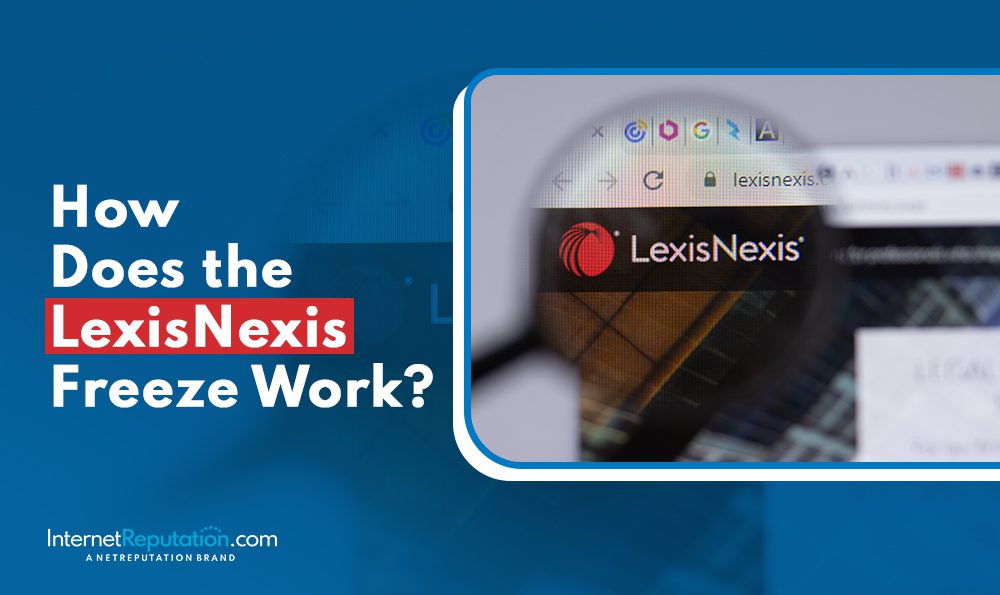Maximizing E-commerce Reputation for Increased Sales

A robust e-commerce reputation is indispensable for the success of any online business. E-commerce reputation encompasses how a brand or business is perceived in the online market, encompassing elements such as customer reviews, social media presence, and brand recognition. This reputation directly influences customer loyalty, brand recognition, and search engine rankings, making it vital for business growth.
What Is E-commerce Reputation?
E-commerce reputation refers to the public’s perceptions of a brand’s trustworthiness, product quality, and customer service. It plays a crucial role in influencing purchasing decisions and fostering brand loyalty. A strong e-commerce reputation can instill customer confidence and drive sales, as evidenced by the fact that 85% of online shoppers trust online reviews as much as personal recommendations.
Why Is E-commerce Reputation Important for Sales?
E-commerce reputation is crucial for driving sales as it has a direct impact on consumer trust, purchase decisions, and brand loyalty. Positive feedback and reviews play a significant role in establishing credibility, attracting more customers, and ultimately boosting sales. A strong reputation also helps to minimize cart abandonment and encourages repeat purchases, resulting in increased revenue and a stronger market presence.
How Can E-commerce Reputation Be Measured?
In the competitive world of e-commerce, maintaining a strong reputation is crucial for driving sales and building customer trust. But how exactly can we measure the reputation of an e-commerce business?
1. Customer Reviews and Ratings
Customer feedback and ratings are pivotal elements in shaping the reputation of an e-commerce business. Positive reviews not only build trust among potential customers but also drive sales and enhance brand image. Incorporating customer testimonials into marketing materials leverages social proof, further bolstering sales.
Responding to both positive and negative reviews showcases exceptional customer service and fosters customer loyalty. For example, a small online boutique experienced a remarkable 30% increase in sales by actively engaging with customer reviews. Their transparent approach to addressing feedback and highlighting positive reviews significantly improved their e-commerce reputation, resulting in higher sales.
2. Social Media Presence
A robust social media presence is paramount for e-commerce businesses in today’s digital landscape. Establishing and maintaining active profiles on major platforms such as Facebook, Instagram, Twitter, and LinkedIn is essential. Regularly sharing engaging content not only keeps your followers informed but also fosters a sense of community around your brand. Interaction with your audience, including responding to comments, messages, and inquiries, is crucial for building meaningful connections.
Additionally, utilizing social media advertising can expand your reach and effectively promote your products or services. A strong and engaging social media presence not only enhances your e-commerce reputation but also plays a pivotal role in driving increased sales and business growth.
3. Brand Recognition
Building a strong e-commerce reputation is akin to creating a memorable jingle that sticks in people’s minds and sets your brand apart in a competitive landscape.
Establishing a Consistent Brand Identity: Develop a unique and recognizable brand image, including logos, colors, and messaging, to increase brand recognition.
Engaging in Brand Building Activities: Participate in events, sponsorships, or partnerships to enhance brand visibility and awareness, contributing to improved brand recognition.
Utilizing Social Media Platforms: Actively maintaining a presence on popular social media channels strengthens brand recognition and fosters a connection with the audience through consistent branding efforts.
What Are the Benefits of a Good E-commerce Reputation?
A good reputation is essential for any business, and this holds true for e-commerce as well.
1. Increased Sales and Revenue
To achieve higher sales and revenue, it’s essential to implement several key strategies. Firstly, focus on increasing brand visibility through effective SEO practices, maintaining an active presence on social media platforms, and collaborating with influencers to broaden your reach and attract a larger audience. Simultaneously, prioritize enhancing the overall customer experience to foster loyalty and encourage repeat purchases. This can be achieved by providing excellent customer service, personalized recommendations, and a seamless shopping journey.
Additionally, consider offering promotions, discounts, and loyalty programs as incentives to drive sales and boost revenue. By implementing these strategies and placing a strong emphasis on building a reputable brand image, actively engaging with customers, and using targeted marketing approaches, you can work towards sustainable growth in both sales and revenue.
2. Improved Customer Loyalty
- Consistent Quality: Provide high-quality products or services to build trust and satisfaction.
- Reward Programs: Offer loyalty programs, discounts, or exclusive offers to encourage repeat customers and improve customer loyalty.
- Personalized Communication: Tailor interactions to customer preferences and history for a more personalized and engaging experience.
- Exceptional Customer Service: Resolve issues promptly and courteously to demonstrate commitment to customer satisfaction and foster loyalty.
- Community Engagement: Create a sense of community and belonging around your brand through events or online forums to strengthen customer loyalty.
3. Higher Search Engine Rankings
- Optimize Website: Enhance site speed, mobile-friendliness, and user experience to align with search engine algorithms and achieve higher search engine rankings.
- Keyword Research: Identify relevant keywords and naturally incorporate them into website content and meta tags to improve search visibility.
- Quality Content: Create valuable, original, and engaging content to attract organic traffic and improve search rankings.
- Backlink Building: Acquire high-quality backlinks from reputable websites to boost domain authority and achieve higher search engine rankings.
- Analytics Monitoring: Regularly analyze website performance and make data-driven adjustments to improve search rankings.
How Can E-commerce Reputation Be Managed and Improved?
In today’s competitive e-commerce landscape, a strong reputation can make all the difference in boosting sales and standing out from the competition. But how exactly can businesses manage and improve their e-commerce reputation?
1. Provide Excellent Customer Service
Exceptional customer service is at the heart of building a strong e-commerce reputation. To achieve this, it’s crucial to train your staff to be knowledgeable, courteous, and efficient in addressing customer needs.
Furthermore, offers various communication channels like live chat, email, and phone support to ensure prompt issue resolution. Implementing a customer-friendly return and refund policy can significantly elevate customer satisfaction and trust. Personalize interactions and follow-ups to demonstrate genuine care and a commitment to providing excellent customer service.
2. Encourage and Respond to Customer Feedback
Customer feedback is a valuable resource for improving your e-commerce reputation. Encourage customers to provide feedback through post-purchase emails, surveys, or incentives. Promptly and courteously respond to all customer feedback, including both positive and negative comments. Utilize this feedback to make necessary improvements to your products, services, and the overall customer experience.
By actively listening to your customers and addressing their concerns, you can continuously enhance your reputation and customer loyalty.
3. Utilize Influencer Marketing
Influencer marketing can be a powerful tool in boosting your e-commerce reputation and sales. Start by identifying and connecting with relevant influencers within your industry or niche. Establish mutually beneficial partnerships with these influencers to enhance your brand’s reach and credibility. Collaborate with influencers to create authentic and engaging content that resonates with your target audience. Distribute this content across multiple platforms to maximize its reach and impact.
Finally, analyze the performance and impact of your influencer marketing campaigns to continuously refine and improve your strategies.
4. Monitor and Address Negative Reviews
Negative reviews can significantly impact sales and brand reputation if left unaddressed. It’s essential to regularly monitor review platforms and social media channels for customer feedback. When negative reviews arise, address them promptly, acknowledge the issue, and offer a resolution. Implement changes based on recurring concerns to prevent future negative feedback.
Actively managing negative reviews demonstrates a strong commitment to customer satisfaction and helps maintain a positive e-commerce reputation.
What Are Common Mistakes to Avoid in Managing E-commerce Reputation?
When it comes to running a successful e-commerce business, managing your reputation is crucial. However, there are common mistakes that many businesses make when it comes to their online reputation.
1. Ignoring Negative Feedback
- Listen to Negative Feedback: Pay attention to negative comments and reviews to understand customer concerns.
- Analyze Feedback: Look for recurring issues and address them to improve overall customer satisfaction.
- Respond Constructively: Engage with dissatisfied customers, offer solutions, and demonstrate your commitment to resolving issues.
- Implement Changes: Use negative feedback as an opportunity to make meaningful improvements to your products or services.
2. Not Having a Crisis Management Plan
Neglecting to establish a crisis management plan can leave your e-commerce business vulnerable to unforeseen issues. To address this, create a dedicated crisis management team with clear roles and responsibilities to effectively handle crises when they arise. Develop a comprehensive crisis management plan that outlines potential scenarios, response strategies, and communication protocols. Regularly train and conduct simulations for your team to ensure quick and coordinated action during a crisis.
Additionally, proactively monitor online platforms for any signs of emerging crises and take immediate steps to address them to prevent escalation. Failing to have a crisis management plan in place can lead to severe consequences that could harm your reputation and bottom line.
3. Focusing Only on Sales and Not on Reputation
Shifting your focus from immediate sales figures to prioritizing long-term customer satisfaction is crucial for building a strong e-commerce reputation. Invest in strategies that contribute to enhancing customer service and developing a positive brand image. Dedicate resources to monitor and manage online feedback and reviews to address any concerns promptly.
By prioritizing your reputation over short-term sales gains, you can lay the foundation for sustainable growth and increased customer trust, ultimately leading to higher sales in the long run.
How Can E-commerce Reputation Be Used to Increase Sales?
In today’s highly digital and competitive market, having a strong e-commerce reputation is crucial for success. But how exactly can a business use its reputation to increase sales?
1. Utilize Social Proof
Harnessing the power of social proof is a potent strategy for bolstering your e-commerce reputation. Start by utilizing customer reviews and testimonials that highlight positive experiences, effectively demonstrating the effectiveness of your product. Displaying social media shares and likes further underscores the popularity of your product while leveraging influencer endorsements can validate the quality and desirability of what you offer. However, it’s essential to maintain authenticity and transparency throughout this process to build trust with potential customers.
2. Incorporate Testimonials and Reviews into Marketing Materials
Integrating customer testimonials and reviews from various platforms into your marketing materials can significantly enhance your e-commerce reputation. Collect and curate these testimonials, then seamlessly incorporate them into your website, product pages, and marketing materials.
To maximize their impact, showcase specific customer experiences and success stories, further building credibility and trust. Craft visually appealing and engaging content around these testimonials and reviews to capture the audience’s attention and promote the dedicated section for this purpose.
3. Leverage Positive Brand Image for Advertising
Capitalizing on a positive brand image is a compelling strategy for advertising. Incorporate customer testimonials and positive reviews into your marketing campaigns to establish credibility and trust with potential customers. Create marketing materials that are visually appealing and engaging, effectively showcasing the positive brand image while highlighting customer feedback.
Collaborate with influencers or industry experts to endorse your brand and share their positive experiences with your target audience, reinforcing your reputation and attracting new customers.



